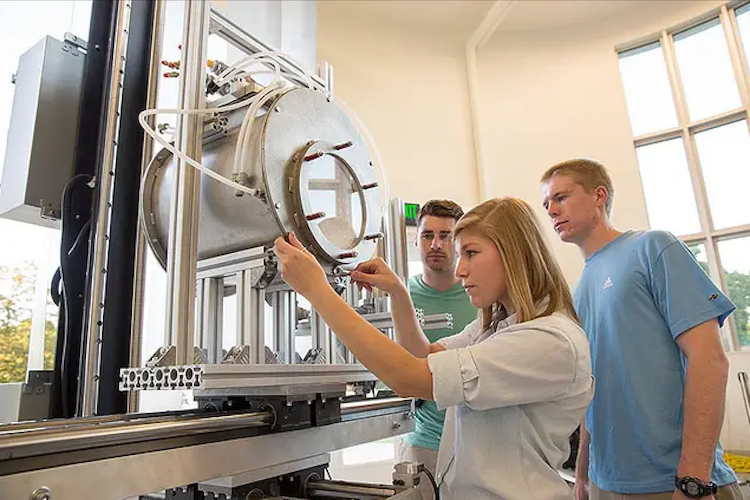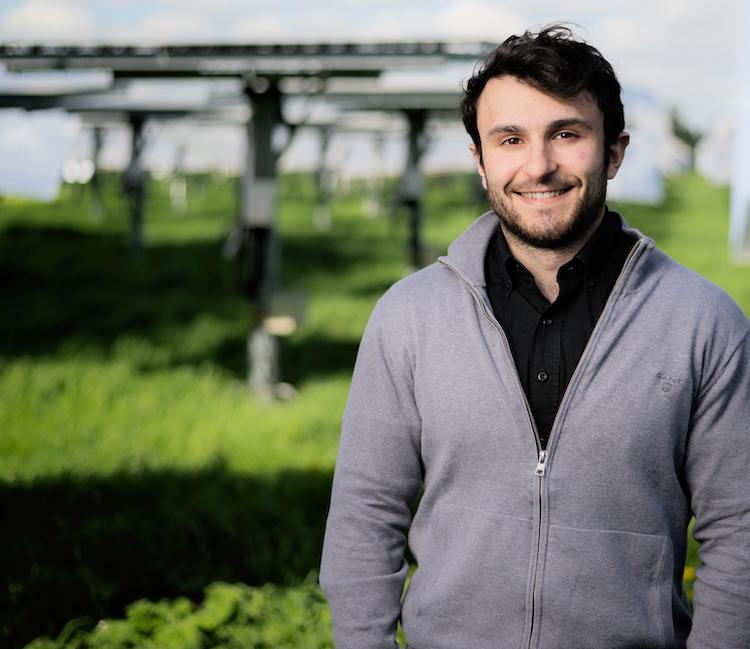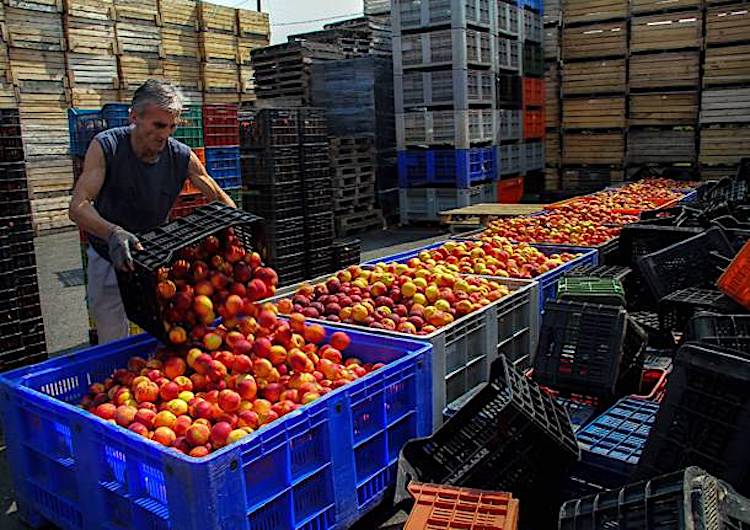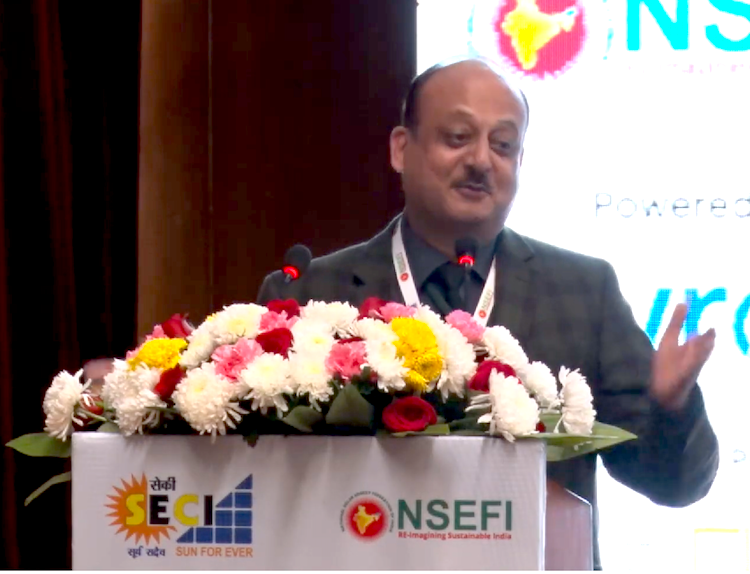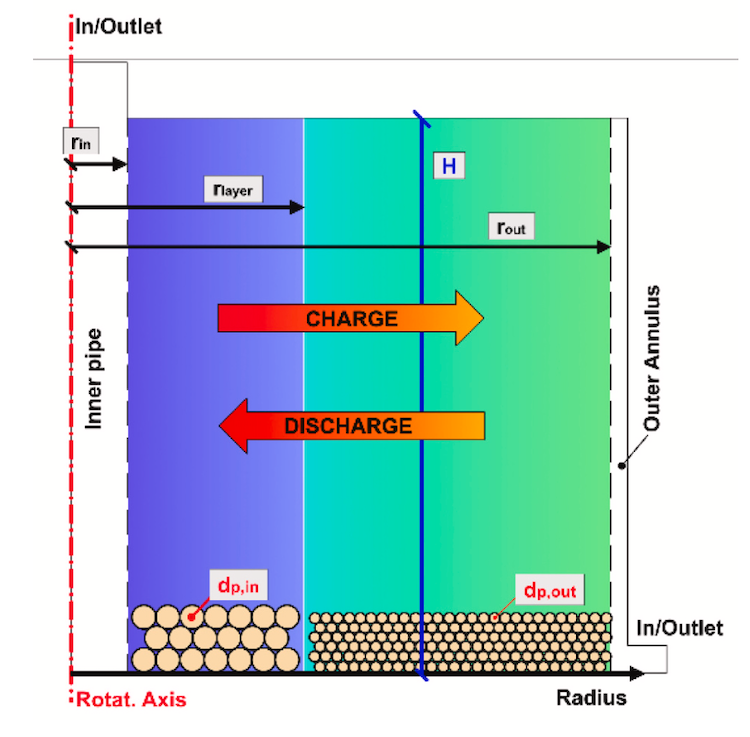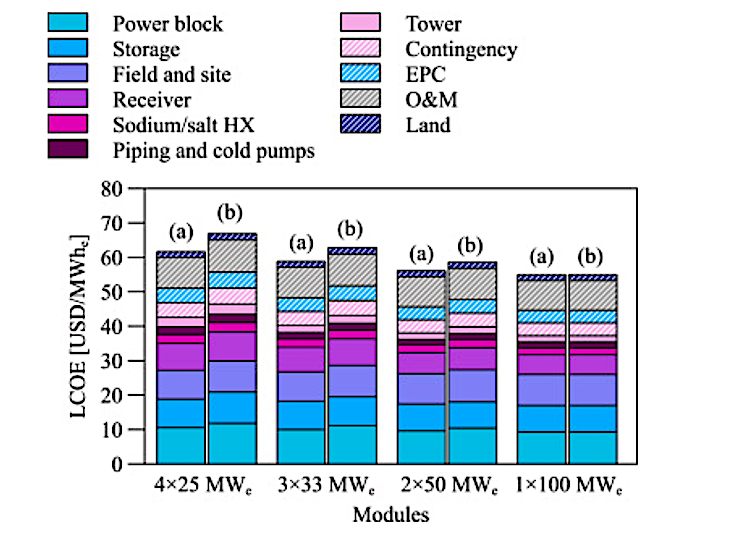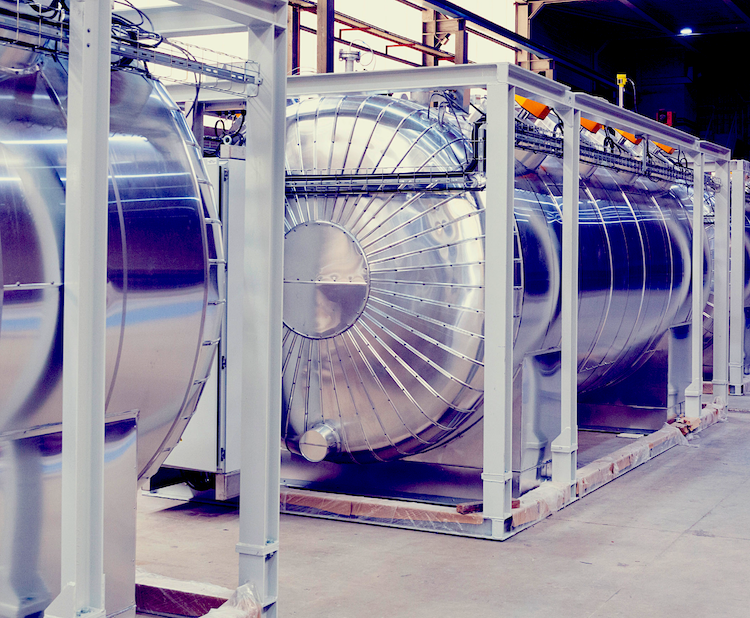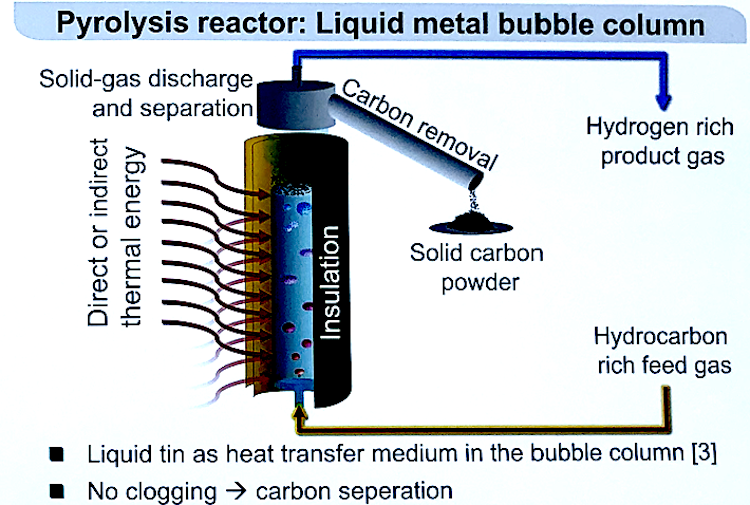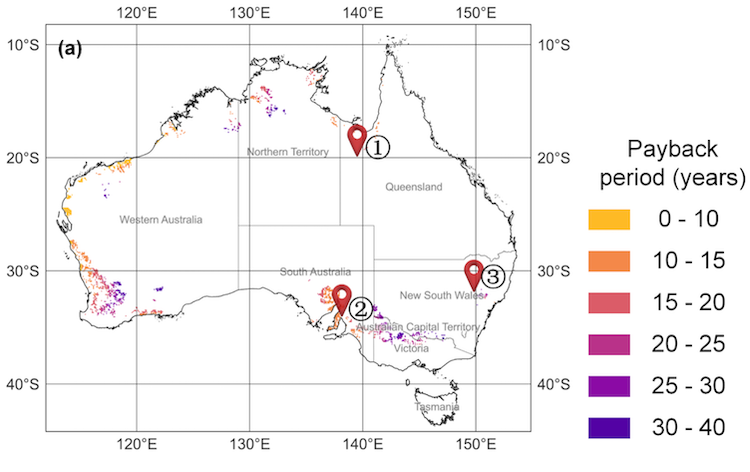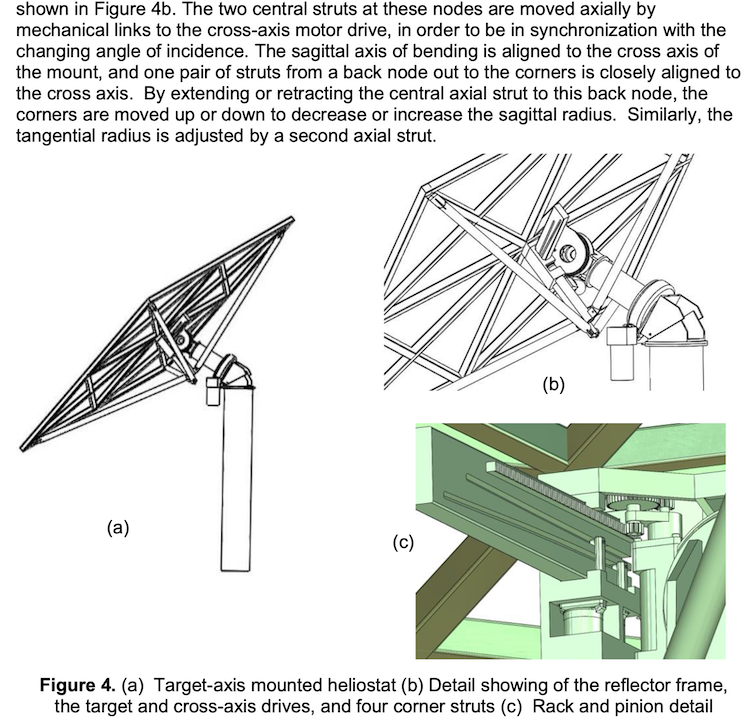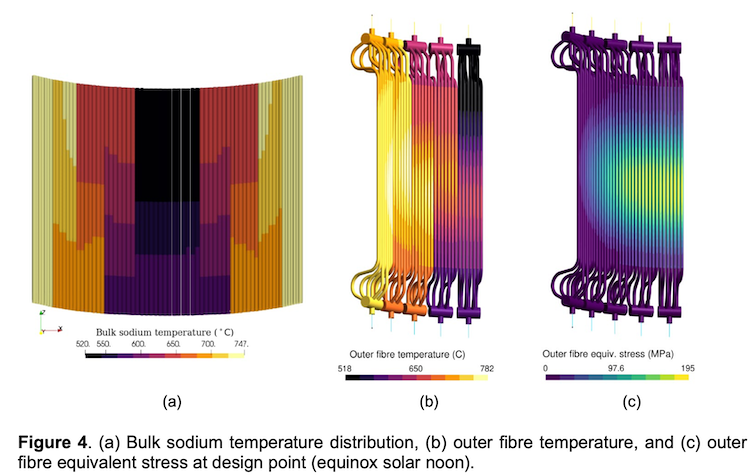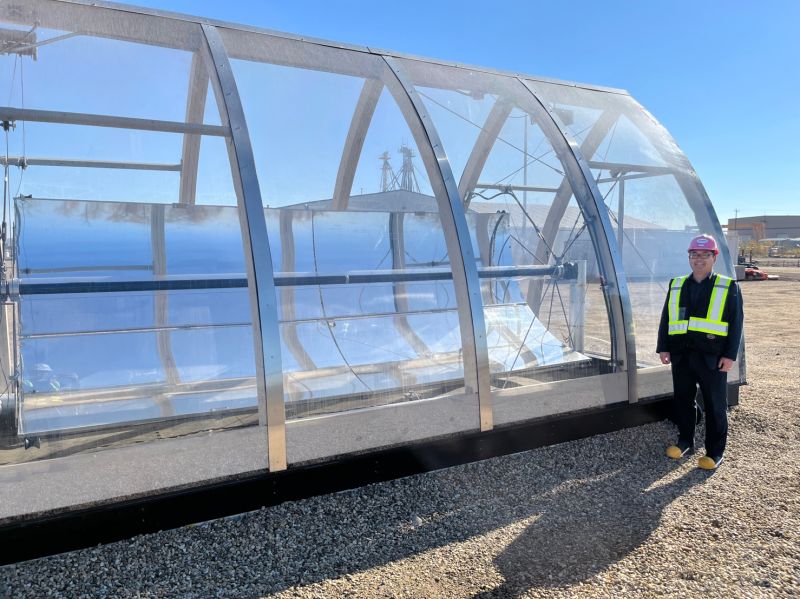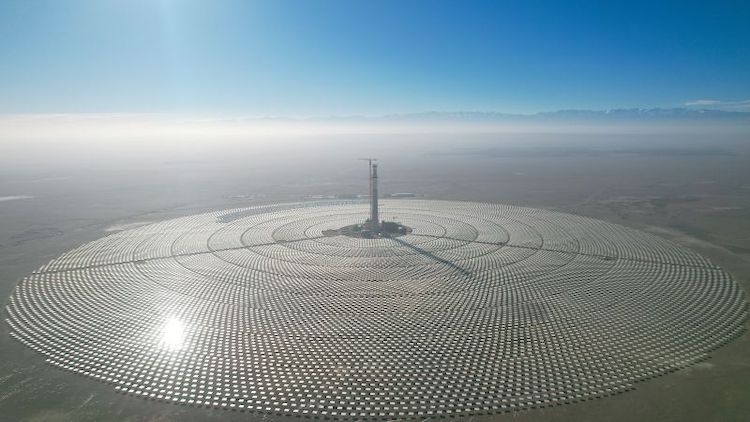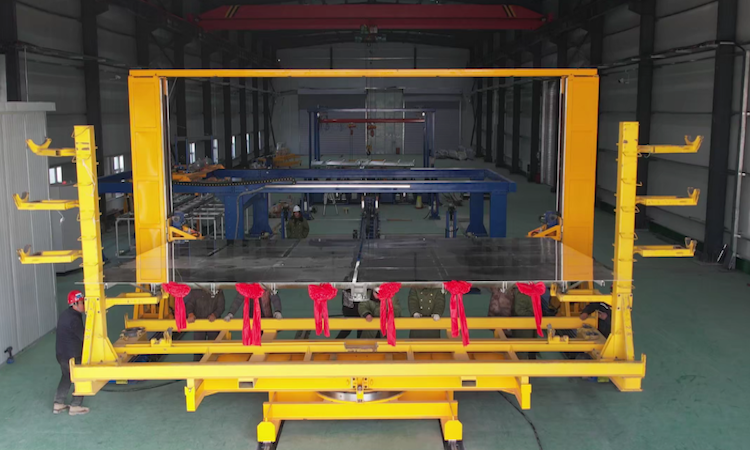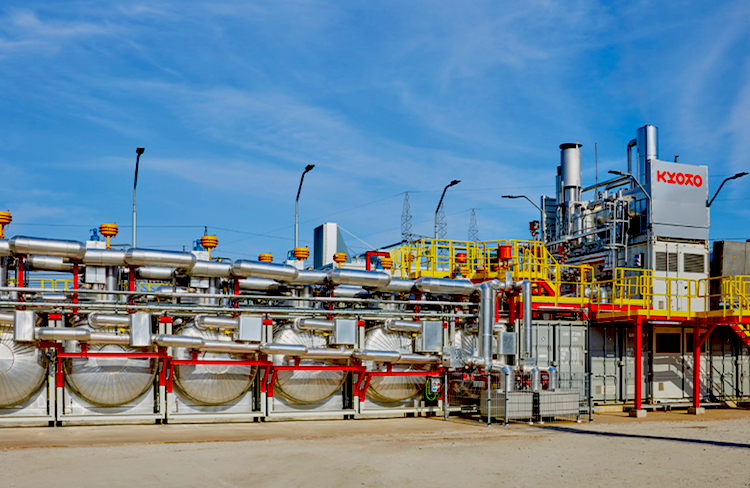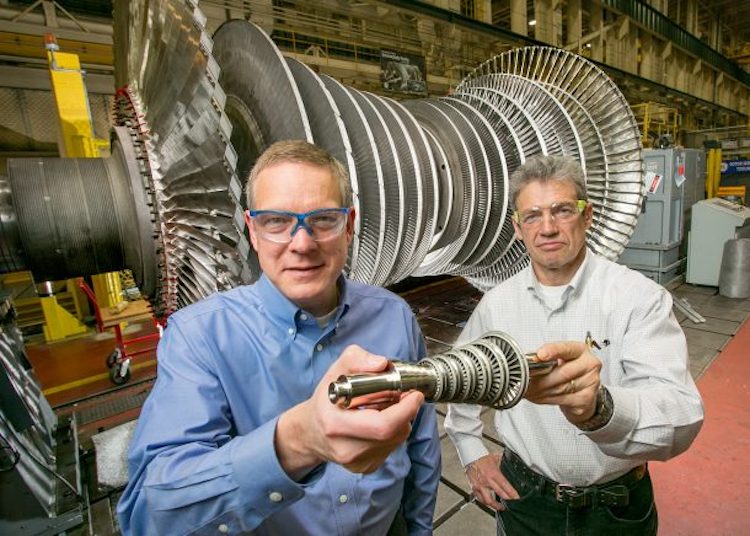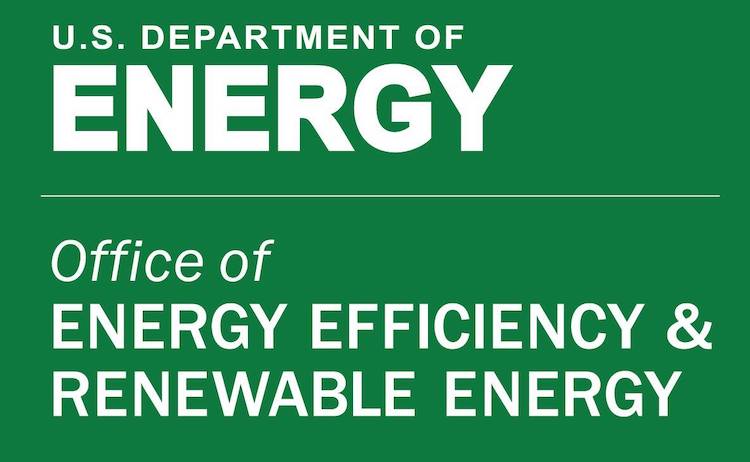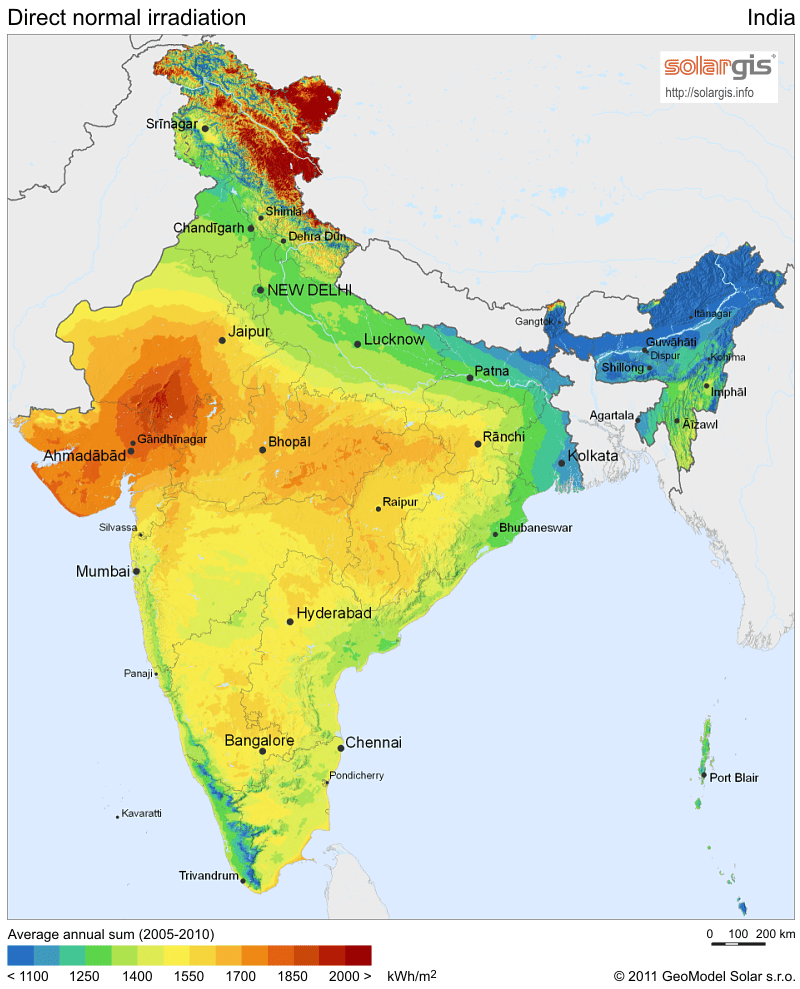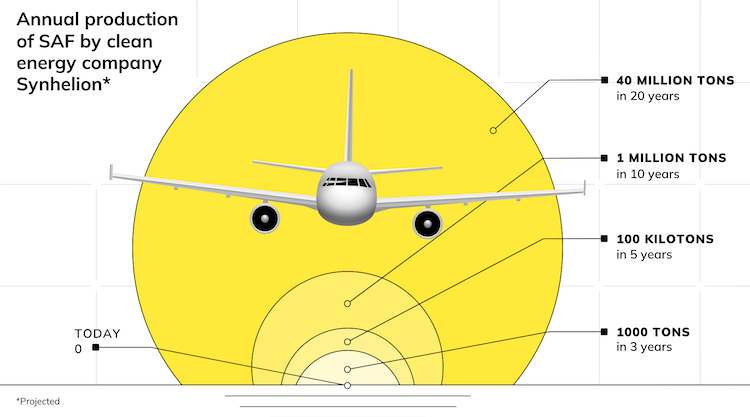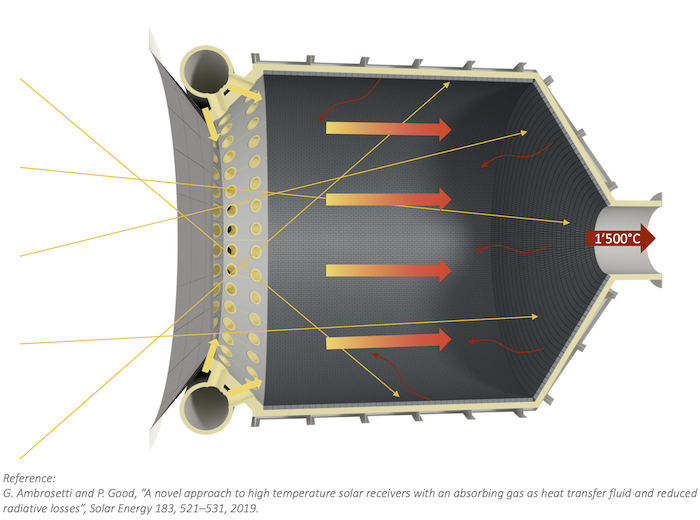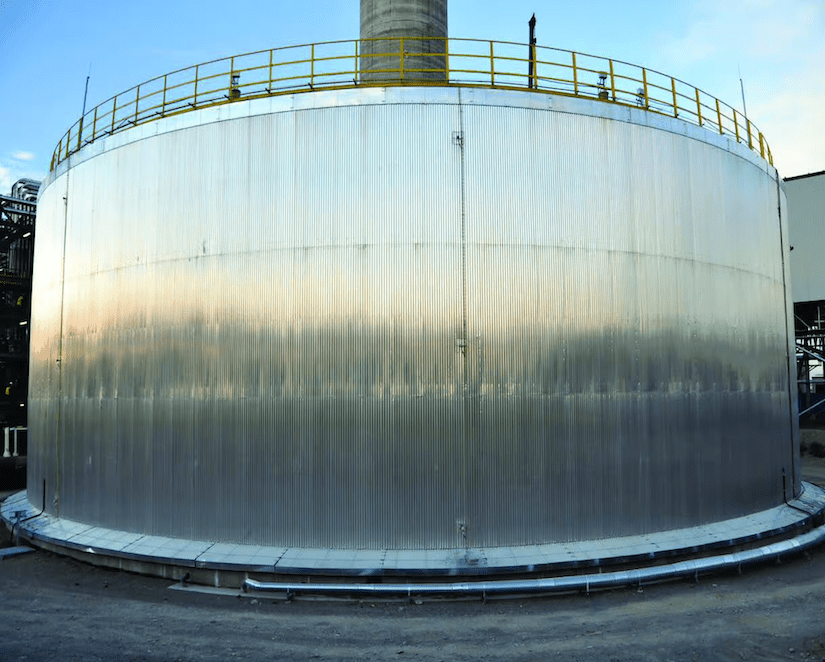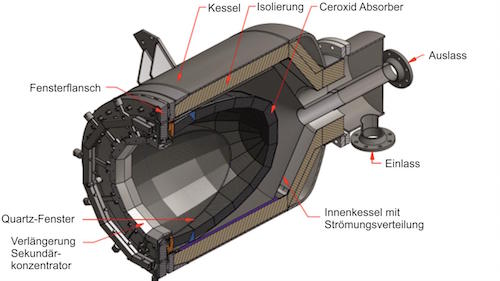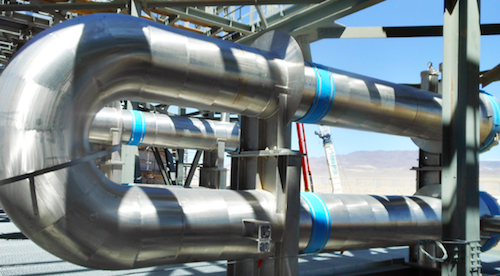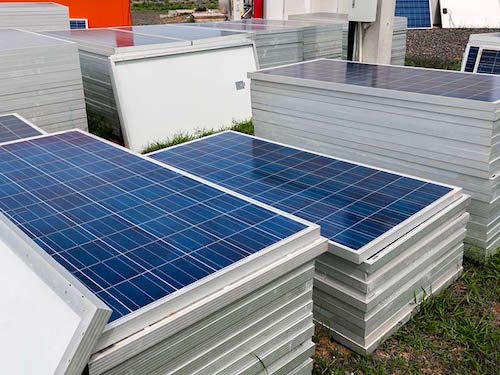
Market profitability of CSP-biomass hybrid power plants: Towards a firm supply of renewable energy
Abstract:
CSP-biomass hybrid power plants are promising options for displacing electricity from flexible fossil systems and increasing the share of dispatchable renewable energy in power grids. However, they are investment-intensive technologies whose competitiveness in electricity markets is still uncertain. This paper explores for the first time the profitability of CSP-biomass hybrid systems, assuming their participation as price-taking technologies in the Iberian day-ahead electricity market. For this purpose, a new economic evaluation metric called the Profitability Factor is proposed to extend the scope of the levelized cost of electricity (LCOE) by including the variability of market electricity prices. Besides, a stochastic approach integrating uncertainty related to investment costs, electricity prices and biomass costs through Monte-Carlo sampling methods has been applied. Results show that CSP-biomass schemes have up to 33% probability of being profitable in the electricity market before considering external financial support. High biomass share (approx. 76%) leads to a profitability increase of up to 0.11 USD/kWh (median value) compared to an equivalent CSP stand-alone plant. In addition, best-performing hybrid configurations would require a maximum add-in tariff between 0.040 and 0.071 USD/kWh (95% probability) to achieve grid parity. The resulting external financial support is significantly lower than those set through Power Purchase Agreements for the first generation CSP stand-alone plants (still in operation). Thus, CSP-biomass hybrid plants could provide flexibility and other services to power grids, which, if valued in the electricity market, would further increase the technology’s competitiveness.
Gutiérrez-Alvarez, R., Guerra, K., & Haro, P. (2023). Market profitability of CSP-biomass hybrid power plants: Towards a firm supply of renewable energy. Applied Energy, 335, 120754. https://doi.org/10.1016/j.apenergy.2023.120754
Published in the April Issue of Applied Energy






